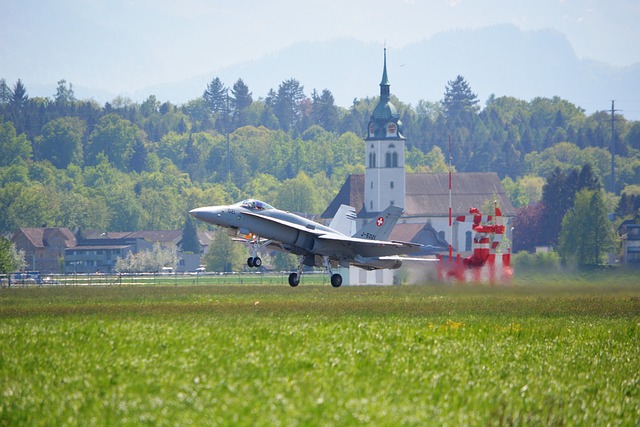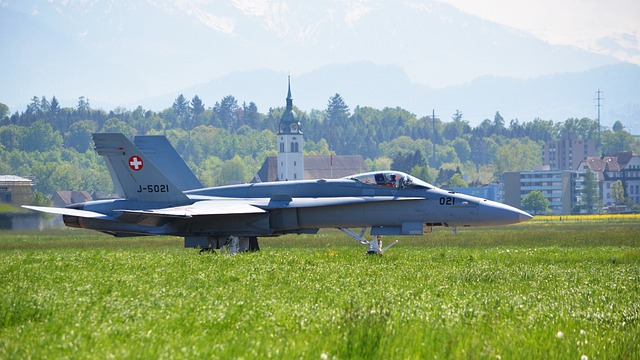Real estate plays a pivotal role in international relations by fostering cultural exchange through shared spaces, multicultural housing, and strategic placement of community facilities. Local communities can bridge nation-to-nation gaps through property rentals and sales, enhancing relations, stimulating local economies, and fostering cross-cultural friendships. In an interconnected world, community initiatives like real estate collaborations are strengthening international ties, creating opportunities for cultural immersion, and building lasting friendships across borders.
In an increasingly globalized world, real estate isn’t just about buildings and property; it’s a powerful tool for fostering cultural exchange and strengthening international relations. This article explores how friendly community initiatives centered around real estate can bridge gaps between nations. We delve into the transformative power of local communities in fostering understanding, examining successful examples where property has become a catalyst for meaningful connections. Discover how these efforts are redefining global interactions, one shared space at a time.
How Real Estate Can Foster Cultural Exchange Between Nations

In the realm of international relations, real estate can serve as a powerful tool for fostering cultural exchange between nations. When communities invest in shared spaces and residential areas, it opens doors to meaningful interactions and understanding between diverse groups. For instance, multi-cultural housing developments or mixed-use neighborhoods create opportunities for locals from different backgrounds to live, work, and socialize together, breaking down barriers and fostering unity.
The strategic placement of cultural centers, community gardens, or shared recreational facilities within these areas can further enhance cross-cultural engagement. These spaces become hubs where people gather, share stories, learn about each other’s traditions, and collaborate on projects, thereby strengthening the bonds between communities from different nations. Thus, real estate plays a pivotal role in bridging gaps and building bridges between countries through everyday interactions and shared experiences.
Building Bridges: The Role of Local Communities in International Relations

Building bridges between nations is a powerful way to foster international relations, and local communities often play a pivotal role in this process. When two countries share close geographical proximity or have historical ties, the potential for community engagement is immense. One of the most effective ways these connections can be leveraged is through real estate initiatives. Local businesses and residents can contribute by offering property rentals or sales to foreigners, creating opportunities for cultural exchange and mutual understanding.
These interactions facilitate a deeper level of connection beyond diplomatic talks. By embracing diverse cultures in their neighborhoods, communities send a message of openness and tolerance, which is essential for maintaining positive international relations. Moreover, real estate investments can stimulate local economies, encouraging cross-cultural friendships and partnerships that extend beyond geographical boundaries.
Success Stories: Friendly Community Initiatives Connecting Two Nations Through Property

In today’s interconnected world, successful community initiatives are bridging cultural gaps and fostering stronger international relations. One notable area where this is evident is through real estate, as friendly communities play a pivotal role in connecting two nations. These initiatives often start with simple gestures—a shared meal, language exchange programs, or local events—that gradually evolve into more substantial collaborations.
For instance, some communities have established partnerships that facilitate cross-border property investments and rentals. This not only strengthens economic ties between countries but also creates opportunities for individuals to immerse themselves in a new culture while living in a familiar environment. Such success stories showcase the power of community engagement in building bridges, promoting understanding, and fostering long-lasting friendships across borders.






